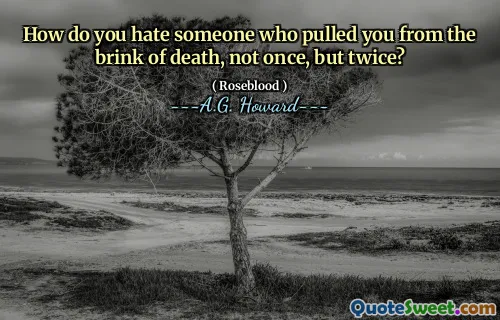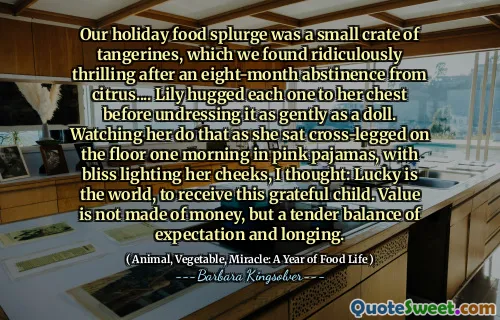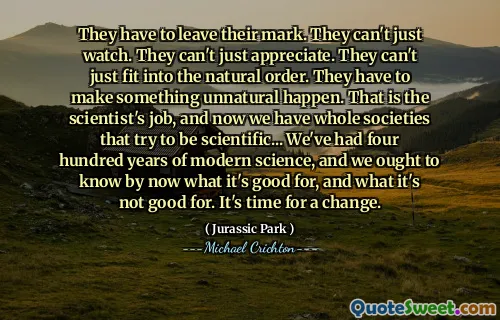
How do you hate someone who pulled you from the brink of death, not once, but twice?
This quote resonates deeply with the complex nature of gratitude and emotional bonds formed through adversity. It underscores a profound paradox: how can one harbor hatred toward a person who has saved their life not just once, but multiple times? Such situations challenge our conventional understanding of feelings—what might seem like straightforward gratitude can intertwine with resentment, confusion, or obligation.
In the context of relationships—be they familial, romantic, or friendship—the actions of someone who saved us against the odds often create a unique psychological dynamic. On one hand, the individual has provided life in a tangible, unmistakable way; on the other, repeated acts of rescue can lead to feelings of indebtedness or emotional complexity that are difficult to process. The quote invites us to ponder whether our emotions are purely based on actions or if they are also shaped by expectations, personal histories, and the context of those acts.
It also raises questions about forgiveness and emotional resilience. Tilting from gratitude to resentment can be a subtle, almost subconscious, progression. Sometimes, the memory of the peril—particularly if it was traumatic—casts a shadow that complicates our feelings towards those who saved us. The quote prompts us to think about the depth of human relationships and how survival itself can forge bonds that are more intricate than simple notions of good and bad.
At its core, this reflection asks us to consider the genuine nature of our emotional responses. Is hate justified in such circumstances, or does it reflect something unresolved within ourselves? It encourages a nuanced perspective on love, loyalty, and the difficulty of reconciling past trauma with gratitude—highlighting the undeniable complexity that human emotions encompass.


